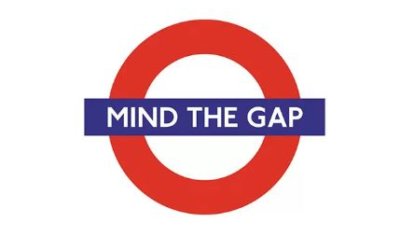I cannot count the number of letters I have been asked to send to congress that adamantly predict the demise of charitable giving if either of the current tax reform proposals become law. Some claim that giving will go down forty percent or more. Let me go on the record in believing that giving could very well go up should either bill become law. I state this for three reasons.
First, Americans are a generous bunch and tax reform won’t change that. Whenever a tragedy hits anywhere in our country or the world, relief agencies and other non-profits are swamped with an outpouring of generosity. I have no data to support the percentage of givers who itemize and neither does the IRS. But it is worth noting that over seventy percent of all filers take the standard deduction already and various studies have shown how those who make the least tend to give a greater percentage of their income to charity. https://www.nytimes.com/2014/10/07/us/study-finds-shifts-in-charitable-giving-after-recession.html. If tax reform yields greater take-home for those in the lower tax brackets, it seems logical that they will have a greater inclination toward philanthropy.
By the way, those same studies show some reticence on the part of the wealthy to give after the Great Recession. Hold that thought for my third point.
Second, there are other reasons for the current slump in giving and you may want to spend some time understanding that. During the Great Recession, donations declined measurably but did not rebound as quickly as expected. As late as 2012, it was noted that donations were struggling to return to 2006 levels. http://people.tamu.edu/~jmeer/Meer_Miller_Wulfsberg_Great_Recession_and_Charitable_Giving_161120.pdf Essentially, other factors appear to be influencing philanthropy, irrespective of a person’s tax situation. Cases of poor stewardship among a variety of non-profits have not helped the situation. Executives earning eye-popping salaries and low percentages going toward actual needs are but two of the stories circulating amongst the rank and file. If your donor programs are seeing greater participation by younger alums and those who give smaller amounts, it is unlikely that tax reform will change that trajectory. If, rather, your base of givers and the amounts given have been in decline, you may want to explore why that has been occurring, rather than investing time lobbying against tax reform.
Third, it is quizzical why some believe wealthy donors will suddenly lose their generosity in 2018. If that happens, it will have nothing to do with tax reform. Tax rates for the highest earners are unchanged in either proposal. Also, the ability of an itemizing donor to take a deduction for charitable giving on her federal and state returns continues. A top tier taxpayer in California, for example will see the same 39.6% federal rate, with a 13% state tax rate added on. A donor will thus receive tax savings of 52.6% for every deductible gift in 2018. That’s an enormous benefit and it is greater than what they are receiving for the current year.
Speaking of the current year, the deduction on the California state tax return for charitable giving currently reduces the donor’s federal deduction for state income taxes. This brings down the effective state benefit from donations to 7.9% from 13% (a 39.6% reduction.) For top-tier Californians, the overall combined tax benefit from charitable deductions stands at 47.5% under current law. In other words, for 2018, the reduction in state taxes paid due to donation deductions will no longer reduce state taxes deducted on the federal return. From a pure tax standpoint, the motivation of wealthy donors to give has never been greater, particularly in high tax states.
And, while we’re on the top tier donors, the change in tax rate for corporations will free up cash for those companies with a “percentage of net” approach to dividends. Since the net after taxes will be greater under a 20% tax rate than the current 35%, dividends should increase. This will tend to deliver higher cash income for wealthier taxpayers and a greater ability to be generous.
In summary, there is little evidence to suggest that smaller givers will become less generous if itemizing is reduced. If net pay for smaller donors increases, you may even see an increase in gifts. Given current attitudes about philanthropy, making the case for giving remains first and foremost. It is also true that the tax benefits from giving will be measurably greater for the wealthiest of donors, particularly since state and local taxes will no longer be deductible. Expect their dividend income to increase as well.
So, no, I will not be signing one of those letters to my Senator. My clients should be just fine.
What do you think?



